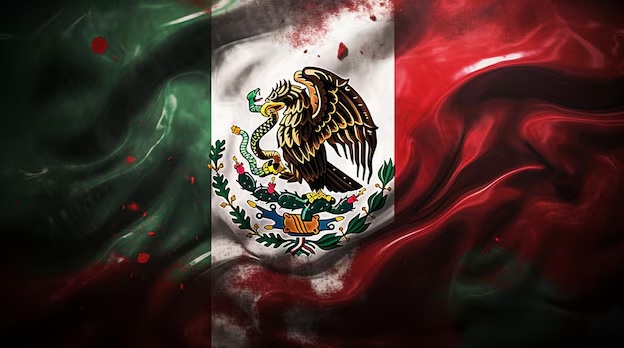Judicial Shake-up Sparks Protests, Diplomatic Tensions, and Concerns About Political Influence
Mexico’s Supreme Court Faces Unprecedented Shake-up
Eight of Mexico’s eleven Supreme Court justices, including President Norma Piña, have resigned in response to new judicial reforms. These changes, enacted by former president Andres Manuel Lopez Obrador, aim to allow citizens to elect all judges, from local to supreme, starting in 2025. Critics view the resignations as a strong signal of dissent against a reform that threatens judicial independence.
Justices Refuse to Stand for Election in 2025
The resigning justices, including Piña, have decided not to run in the June 2025 elections. One resignation takes effect in November, and the others will follow next August. Their collective decision underscores widespread concerns within the judiciary about the impacts of these reforms.

Fears of Political and Cartel Influence
Critics warn that elected judges could face intense political and cartel pressures. Mexico’s powerful drug cartels have a history of using bribery and intimidation to control officials. Allowing judicial elections, critics argue, could make judges more vulnerable to these tactics, compromising the integrity of the judicial process.
Rising Tensions with the United States and Canada
The reforms have also strained Mexico’s relationships with the United States and Canada. Both countries worry that an elected judiciary might weaken Mexico’s rule of law, affecting trade and security partnerships. The uncertainty around Mexico’s legal system has also rattled financial markets, further complicating diplomatic relations.
President Sheinbaum Stands Firm on Reforms
Newly elected President Claudia Sheinbaum, a close ally of Lopez Obrador, supports the reforms. She warned that overturning them would violate Mexico’s constitution. As the Supreme Court prepares to review a proposal to invalidate these changes, Sheinbaum’s stance has heightened the stakes of the court’s decision.
Public Outcry and Protests
Protests by judicial workers and citizens have erupted in opposition to the reforms. Many view the changes as a threat to judicial independence and believe the elected system could erode trust in justice. While Lopez Obrador’s administration framed the reforms as a way to democratize the judiciary, public resistance reflects growing fears about potential abuse of power.
A Crucial Decision Ahead
As Mexico’s Supreme Court prepares to review the reforms, the country’s justice system stands at a critical turning point. This decision will define the future of Mexico’s judiciary, influencing not only its independence but also its standing in the international community. The path forward will demand careful balancing to maintain the trust of citizens and international partners.
Our Visitor






 Users Today : 22
Users Today : 22



